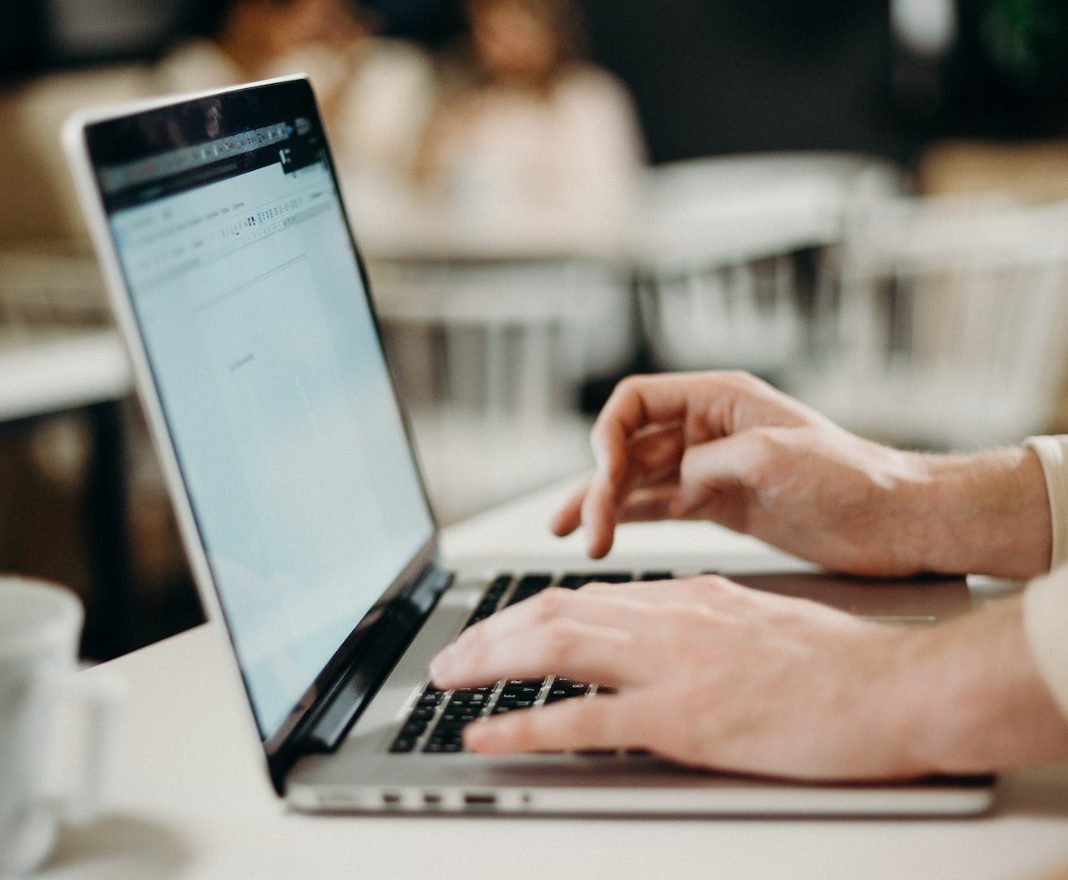Here are five simple tips that will get you on your way to having a cleaner and more manageable inbox.
1. Use other means of communication
Emails have been the staple of business transactions for years now, but other ways of communicating cannot be neglected, especially when there are so many alternatives in today’s world.
One such option is instant messaging. Nowadays, business contacts tend to be all over social media, and that can potentially make life easier. Whether communicating through WhatsApp, Facebook Messenger or even LinkedIn, this greatly reduces the need to send short emails requesting additional information or follow-ups, which lead to a barrage of unnecessary email threads.
This is not to mention the notion that people seem to check instant messaging platforms more regularly than their emails.
Another option is to go for phone or video calls, which are perfect to get immediate feedback.
2. Time Management is key when overloaded
This might sound simple, but it works. It is referred to as the ‘Pomodoro Technique’ and it is a very relevant time management tool.
It basically means that one should set aside some slots throughout the day which are solely dedicated to emails. When one is completely focused on a task, the likelihood is that it gets done quicker and better.
3. Sort everything in folders
This is a feature that is criminally underrated, especially since other modes of communication means, like instant messaging platforms, don’t offer it.
Having everything sorted in folders helps make inboxes more organised, while also allowing old email threads to be accessed quickly. The folders don’t have to be extremely specific, as long as the user understands what they refer to. It’s important not to overdo this though, as having too many folders could backfire.
4. Do, Decide, Delegate or Delete
Having an organised inbox comes with some important decisions, which are generally classified into ‘the 4D’s of email management’, or rather ‘do, decide, delegate or delete.’
When attempting to organise one’s inbox, it is important to either respond to emails immediately (if this is something that can be done within the specific time slot allocated for emailing as per Point 2 above); or decide to deal with them later on if this requires research or answers from colleagues; or pass them on to the person who needs to take action; or else delete them if they are spam or irrelevant.
5. Being more effective during meetings leads to more efficient email follow-ups
Setting aside time at the end of meetings for recap, final questions, and follow-ups is a real time saver. First of all this would mean that meeting participants discuss everything on the agenda, without having to resort to emails once the meeting time is up.
On top of that, taking a few notes at the end of a meeting means that participants can record key points and hence, be quicker in sending follow-up emails once back in the office.
6 morning routine mistakes to avoid that could cost you productivity
There are easy and effective ways to set the right tone from the start of your day.
Mistakes CEOs regret and how to avoid them
Many CEOs look back and wish they had done things differently.
6 steps business leaders must follow to address negative online reviews
Responding to online critics is an effective way of protecting a company’s reputation and building customer loyalty.
Provide feedback and show respect: 5 ways business leaders can steer a young team towards success
Millennials and Gen Z employees are on the rise, and while they are wrongly viewed as ‘unmotivated’ and ‘entitled’, they ...









